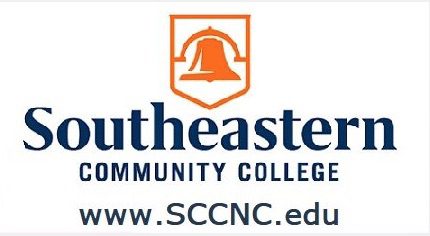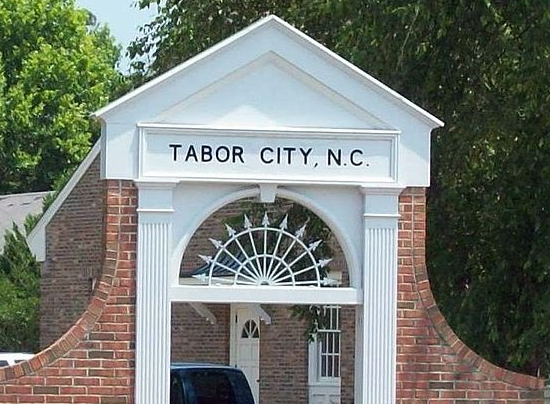Choosing the Right Construction Management Company
Construction projects demand meticulous oversight from qualified professionals. The selection of a construction management company represents a pivotal decision with long-term implications for project success. Industry statistics indicate that over 40% of construction projects exceed initial budgets and timelines due to inadequate management. Organizations must evaluate multiple factors—from technical expertise to communication protocols—before finalizing their selection. The consequences of a hasty decision can reverberate throughout the entire project lifecycle.
Assess Experience and Industry Expertise
Every construction project presents unique challenges that require specialized knowledge and proven capabilities. When evaluating construction management firms, examine their portfolio of completed projects similar in scope, complexity, and budget to your planned development.
Assessment should focus on industry-specific expertise—healthcare facilities demand different competencies than commercial or industrial structures. Verify the firm’s track record with similar building systems, regulatory environments, and technical requirements.
Consider the tenure of key personnel who will oversee your project. Experienced project managers with relevant sectoral background bring valuable insights that prevent costly mistakes and guarantee alignment with industry-specific construction standards and best practices.
Evaluate Project Portfolio and Track Record
A construction management company‘s portfolio serves as tangible evidence of their capabilities and performance standards. Examining completed projects reveals their expertise with specific building types, construction methodologies, and technical challenges.
When evaluating track records, stakeholders should scrutinize:
- Budget adherence metrics
- Schedule compliance history
- Quality control documentation
- Client testimonials and references
- Dispute resolution patterns
- Safety records and incident rates
Request detailed case studies of projects similar to your planned construction. Analyze how the firm handled unexpected complications, change orders, and value engineering opportunities. This investigation reveals their problem-solving approach and ability to maintain project integrity under pressure.

Examine Communication Processes and Transparency
How effectively a construction management company communicates often determines project success as much as technical expertise. Prospective clients should evaluate communication infrastructure, including reporting mechanisms, frequency of updates, and information accessibility platforms.
Request demonstrations of project management software and documentation systems. Verify transparency in cost reporting, schedule updates, and issue resolution protocols. Assess response times for inquiries and examine sample reports for clarity and thoroughness.
Determine if the company provides single-point-of-contact project managers or distributes communication across team members. Review their crisis communication plan and evaluate how they document change orders and maintain decision records throughout project lifecycles.
Understand Cost Management Approaches
Effective cost management represents the cornerstone of successful construction project delivery, often determining whether initiatives finish within budget constraints or suffer financial overruns. Construction management firms employ diverse approaches including value engineering, earned value analysis, and contingency planning to control expenses.
When evaluating potential firms, examine their cost estimation accuracy on previous projects and their systems for tracking expenditures against budgets. Superior providers implement real-time monitoring technologies that flag potential overruns before they occur and utilize lifecycle costing methodologies to evaluate long-term financial implications of material and design choices. Their documentation should demonstrate transparent change order processes and proactive value management.
Review Risk Management and Problem-Solving Capabilities
Risk management capabilities represent a direct extension of a firm’s cost control methodology, as unmitigated risks frequently transform into budget overruns. Construction managers should demonstrate systematic approaches to risk identification, quantification, and mitigation throughout the project lifecycle.
Evaluate prospective firms by examining their:
- Formal risk register processes
- Contingency allocation methodologies
- Change order frequency on past projects
- Documented problem-solving protocols
- Response times to unforeseen conditions
Request specific examples of how they resolved critical challenges on previous projects. Firms with superior risk management typically maintain detailed documentation of potential issues and implement proactive measures rather than relying on reactive solutions when complications inevitably arise.
Verify Licensing, Insurance, and Regulatory Compliance
Despite representing a less exciting aspect of the selection process, verification of proper licensing, insurance, and regulatory compliance stands as a non-negotiable foundation for any construction management relationship.
Firms must possess current state contractor licenses, professional certifications, and local business permits. Confirm thorough insurance coverage including general liability, worker’s compensation, professional liability, and builder’s risk policies with adequate coverage limits. Request certificates of insurance naming your organization as an additional insured.
Verify compliance with building codes, environmental regulations, OSHA standards, and ADA requirements. Reputable firms maintain documented safety programs and regulatory tracking systems. Non-compliance risks project delays, legal penalties, and significant liability exposure.
(Contributed Post)








